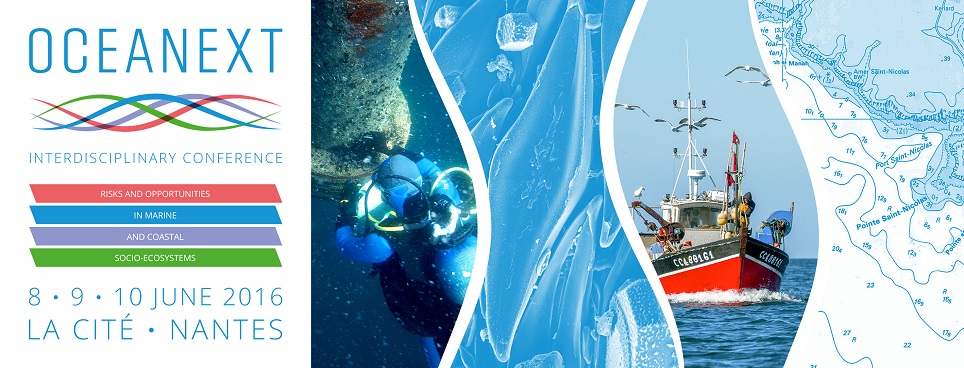Multi-use offshore platforms combining renewable energy, aquaculture and transportation facilities can be considered as a challenging way to boost blue growth. This new offshore modular platform concept to support marine and maritime activities combined in circular economy will be presented and illustrated by the French Guyana case study. It intends to collocate in a sustainable way, logistical activities with marine renewable energy, offshore service supports and offshore aquaculture. Concerning aquaculture, MOP concept is considering an integrated approach, from juvenile breeding and fish feed production to farm support, in situ biomass transformation and reefers transshipment onboard the platform.
Within 10 nautical miles around the MOP, an important marine space can be dedicated to integrated multi-trophic aquaculture, with several farms operated and supported from the platform. The MOP facilities will also support fisheries activities, providing replenishment, catering, maintenance and facilitating fishing waste treatment. Micro-algae cultivation could be also associated with the Mop's infrastructures. Integration of offshore aquaculture within a circular economy on the open sea built around platforms remains to establish. In case of success, conflicts of uses bound to littoral aquaculture would be got over and ocean could probably make a bigger contribution in front of stakes in the food transition.
This original way of aquaculture development is based on recent collaborative research works, within European projects such as FP7 Tropos or H2020 Blue Growth framework. It is an on-going multi-actors process that is addressing the 6 Pestel analysis axis together, with a present focus on multi-disciplinary methodology and barriers identification.

 PDF version
PDF version
